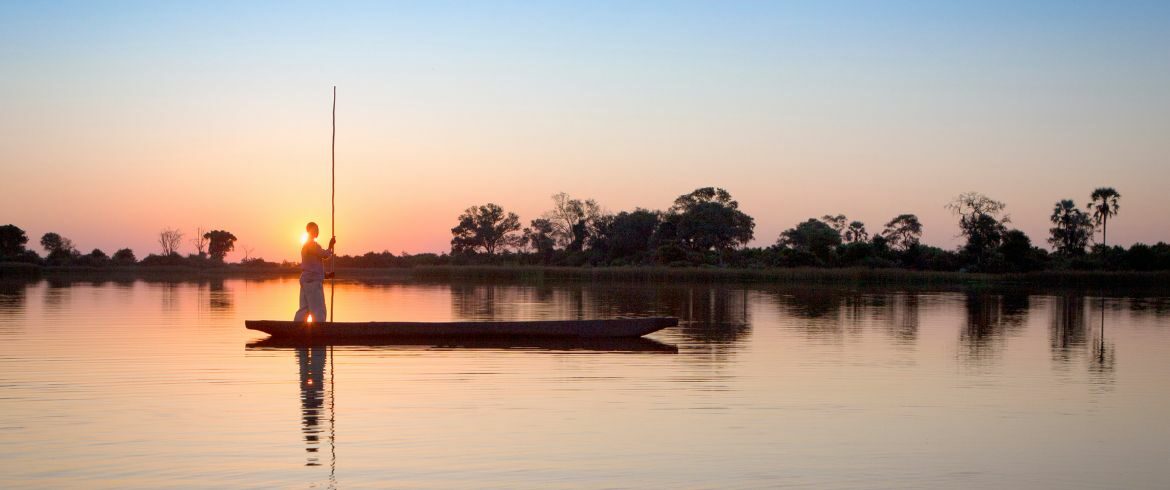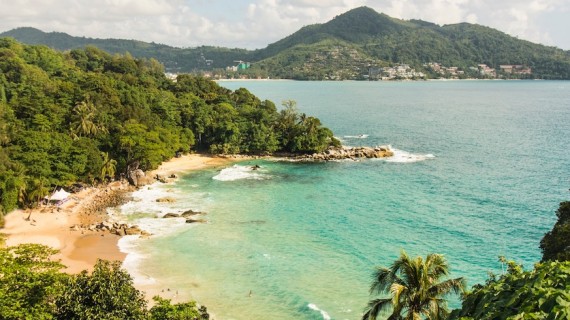Tourism plays a vital role in supporting conservation efforts, especially in areas where wildlife and natural habitats are threatened. Income from tourism is often reinvested into protecting local ecosystems, creating a mutually beneficial relationship between travelers and the environment.
For those passionate about sustainable travel, here are some destinations where your visit directly contributes to conservation efforts while minimizing environmental impact.
1. Botswana – A Model of Eco-Tourism
Botswana, renowned for its vast wilderness areas, is a prime example of how tourism funds conservation. The country’s commitment to sustainable tourism is evident in its high-end ecolodges and luxury travel tours that prioritize eco-friendly activities.
Revenue from these tours is directed towards the protection of the Okavango Delta, one of the world’s largest inland deltas, and the Kalahari Desert. These areas are home to an astonishing array of wildlife, including elephants, lions, and cheetahs. By supporting eco-friendly lodges and safari operators, tourists contribute directly to these conservation projects.
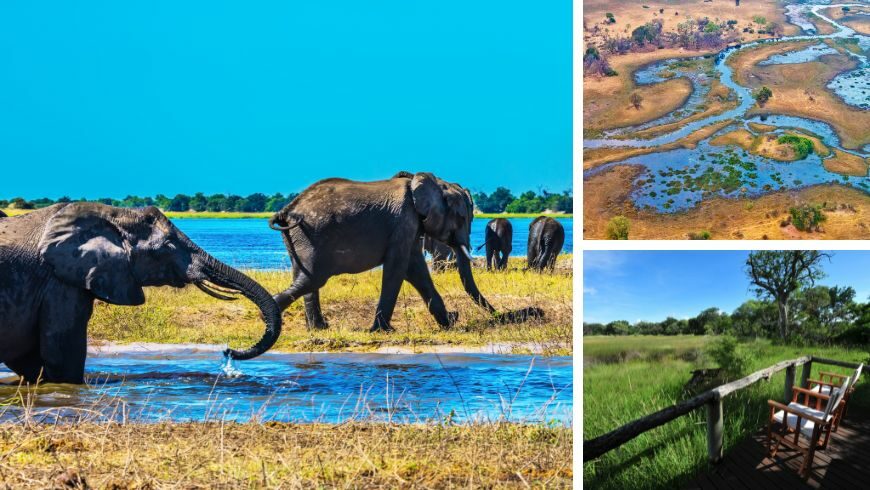
2. Costa Rica – Leading in Conservation
Costa Rica is renowned for its lush rainforests and diverse wildlife, with a strong focus on conservation. The country has established numerous protected areas and national parks, many of which are funded through tourism.
Eco-conscious travelers can enjoy tours that immerse them in Costa Rica’s natural beauty while actively supporting its preservation. Many ecolodges in Costa Rica are built with locally sourced materials, promote zero-waste initiatives, and reinvest part of their profits into reforestation and wildlife rehabilitation programs. From the Monteverde Cloud Forest Reserve to the Osa Peninsula, tourism plays a key role in maintaining biodiversity and reducing human impact on fragile ecosystems.
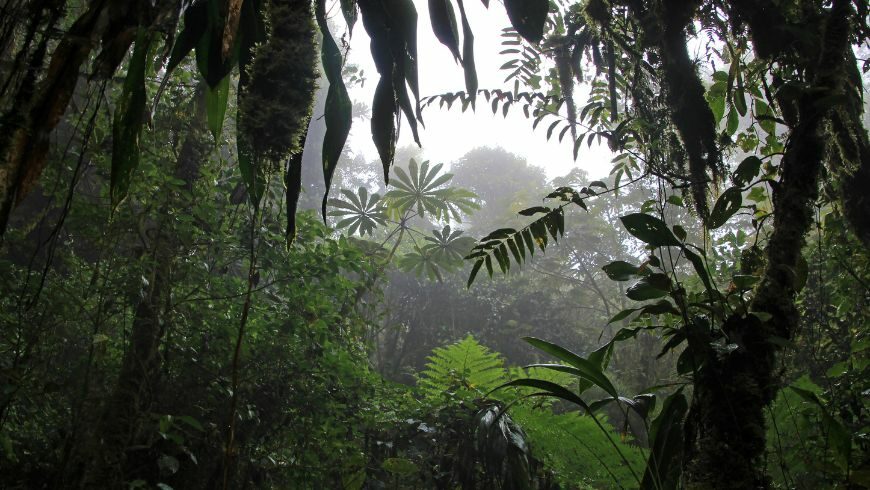
3. Kenya – Protecting the Savannah
Kenya’s iconic savannahs and rich wildlife populations have been attracting tourists for years. Here, responsible safari tourism is often linked with conservation projects, especially in private conservancies like Ol Pejeta and Lewa Wildlife Conservancy.
These areas offer the opportunity to see endangered species like rhinos and cheetahs while ensuring that the funds from tourism are reinvested into anti-poaching efforts, wildlife corridors, and community initiatives. By choosing ethical travel operators, visitors can help protect Kenya’s wildlife while ensuring that local communities benefit from conservation efforts.
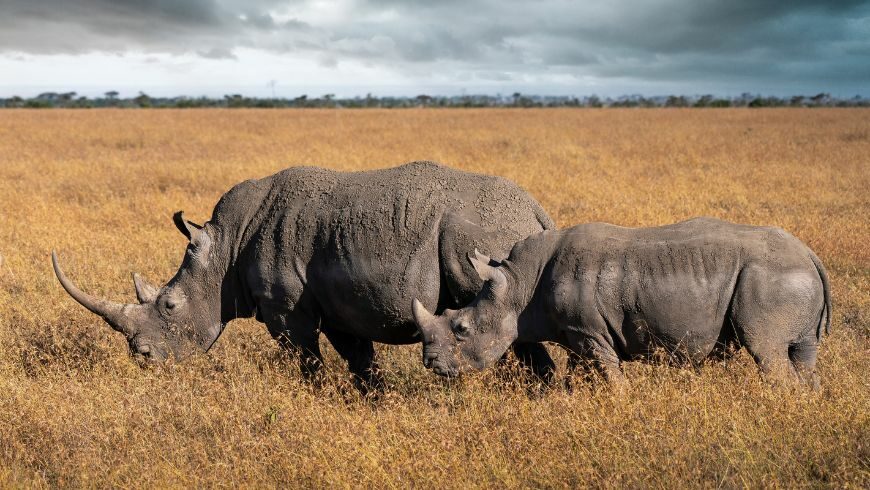
4. Galapagos Islands – A Living Laboratory for Conservation
The Galapagos Islands, a UNESCO World Heritage site, are perhaps one of the most famous examples of how tourism can help fund conservation. The islands are home to unique species that inspired Charles Darwin’s theory of evolution.
Sustainable tourism on these islands helps protect the delicate balance of its ecosystems, and revenue from entrance fees and eco-tours supports scientific research and conservation efforts. Strict visitor regulations, limits on tourist numbers, and eco-friendly accommodations ensure that the impact of tourism remains minimal while supporting the preservation of this fragile environment. Travelers to the Galapagos can explore its breathtaking landscapes through responsible travel programs that directly contribute to preserving this living laboratory for future generations.
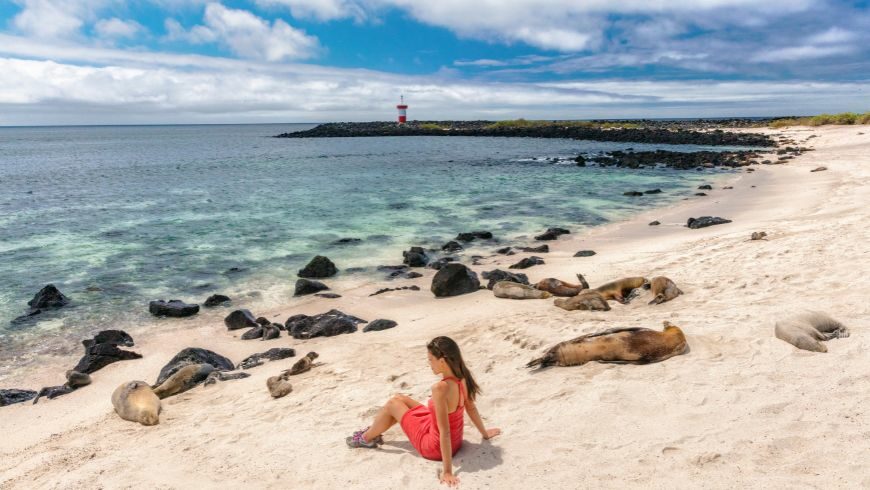
Choosing Sustainable and Ethical Travel Experiences
As awareness of sustainable tourism grows, more travelers are seeking eco-friendly alternatives that balance luxury with conservation. Many tour operators now offer bespoke experiences that align with sustainability goals, prioritizing ecolodges, ethical wildlife experiences, and community-driven initiatives.
Instead of focusing purely on comfort and exclusivity, responsible travel experiences emphasize low-impact activities, carbon offset programs, and active contributions to conservation projects. Choosing eco-certified accommodations, supporting local conservation NGOs, and traveling with responsible tour companies can make a significant difference.
By opting for destinations where tourism directly funds conservation, travelers play an essential role in preserving our planet’s biodiversity. Every conscious travel decision contributes to a more sustainable future for the world’s most incredible natural wonders.
